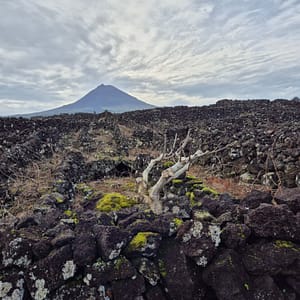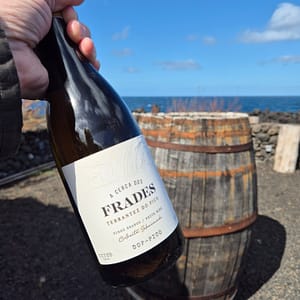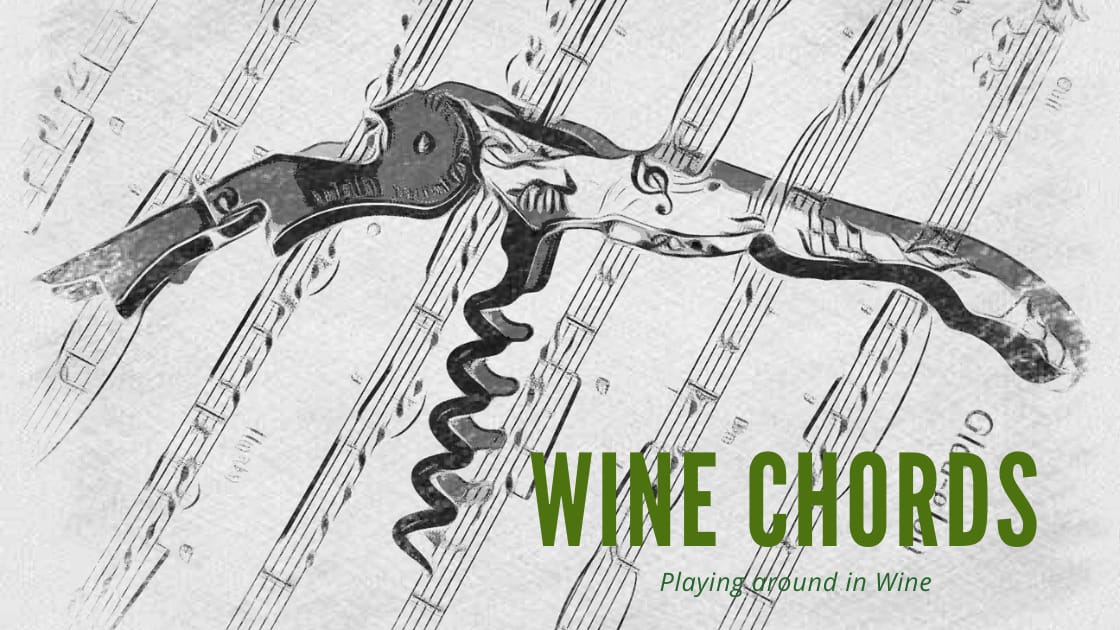Luis Pérez is one of the leading producers in the new wave of Jerez. I reviewed a pasto wine in September last year. Here you can learn what it is, if you don’t already know, and also get an introduction to the producer.
Caberrubia is a non vintage wine from the El Corregidor estate in the Carrascal pago. It’s named a palma, a classification for especially fine wines in the fino style.
The grapes are palomino fino trained in gobelet, from a 40 years old vineyard. The producer’s website tells that the harvesters go through the vineyard from the beginning of August to the end of September selecting bunches for different types of wines. The first pickings are for the greenest bunches on the plant. From these they make a wine with low alcohol and high acidity, that is used to correct the rest of the wines. The third of five pickings is the base for the palmas such as Caberrubia.
The vinification is typical: Light pressing and fermentation in the barrel, packing in December and approximately three and a half years of biological ageing.
There have been various sacas (bottlings) of the wine. Now we have come to the seventh. With Saca VII they have expanded the selection to 17 botas (typical sherry casks), mostly 2017, 2018 and 2019, and small proportions of previous vintages. With this assemblage they seek a style that is representative for the vineyard, that is “an inland character, roundness and concentration, without losing the elegance and finesse that defines all the previous sacas”. According to the new legislation a wine can be called sherry even if it’s not fortified, only if it has reached 15º of alcohol. This saca has not reached that level, so it’s not released as a fino within the D.O. Jerez-Xérès-Sherry, but as a white wine.
Caberrubia Saca VII (Luis Pérez)
Deep golden. Complex aroma with fresh fruits like baked apples and peach, complemented by nuts, and a touch of flor and salt. Good volume in the mouth, concentrated and smooth, salty and long. It has more power than the previous saca, but it’s also very elegant.
Price: Medium-high
Food: Aperitif, various tapas incl. asparagus, cheese and nuts, also nice with rice and spicy dishes














